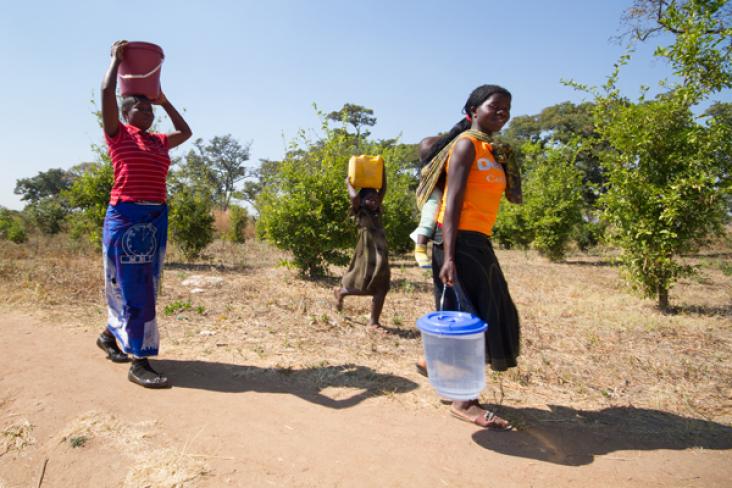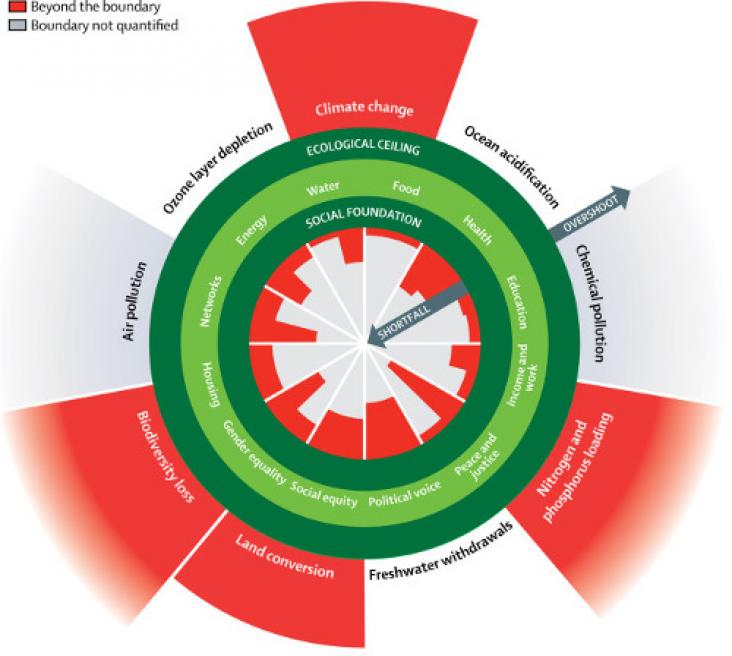The paper contributes to the literature on gender gap in research investigating whether there is a gender gap in research evaluation.
Approaches to food security primarily focus on technological solutions, seeking to produce more food, preferably with fewer resources.
Approaches to food security primarily focus on technological solutions, seeking to produce more food, preferably with fewer resources.
Our study illustrates how consumer social risk footprints can assist in achieving the Sustainable Development Goals (SDGs).
India has the world's highest burden of child undernutrition. Lack of income is considered as one of its primary causes.
Background The burden of HIV in transgender women (transwomen) in Brazil remains unknown.
Background Sex workers are disproportionately affected by HIV compared with the general population.

Despite the increased attention the sixth Sustainable Development Goal (clean water and sanitation) has brought, access to water in Sub-Saharan Africa is worse than ever: there are more people without access to water now than there were in 1990.
In order to fix the problem we need to understand what’s going wrong with our current approaches. That was the aim of an Atlas Award-winning study published in Water Resources and Rural Development, by researchers at Glasgow Caledonian University in Scotland, the University of Malawi in Malawi and the University of Lusaka in Zambia. Interestingly enough, since women and school aged girls are typically tasked with water fetching, by providing water access and sanitation authors feel there is an effect on others SDG like SDG 10 (reduced inequalities), SDG 4 (quality education) and SDG 5 (gender equality)

